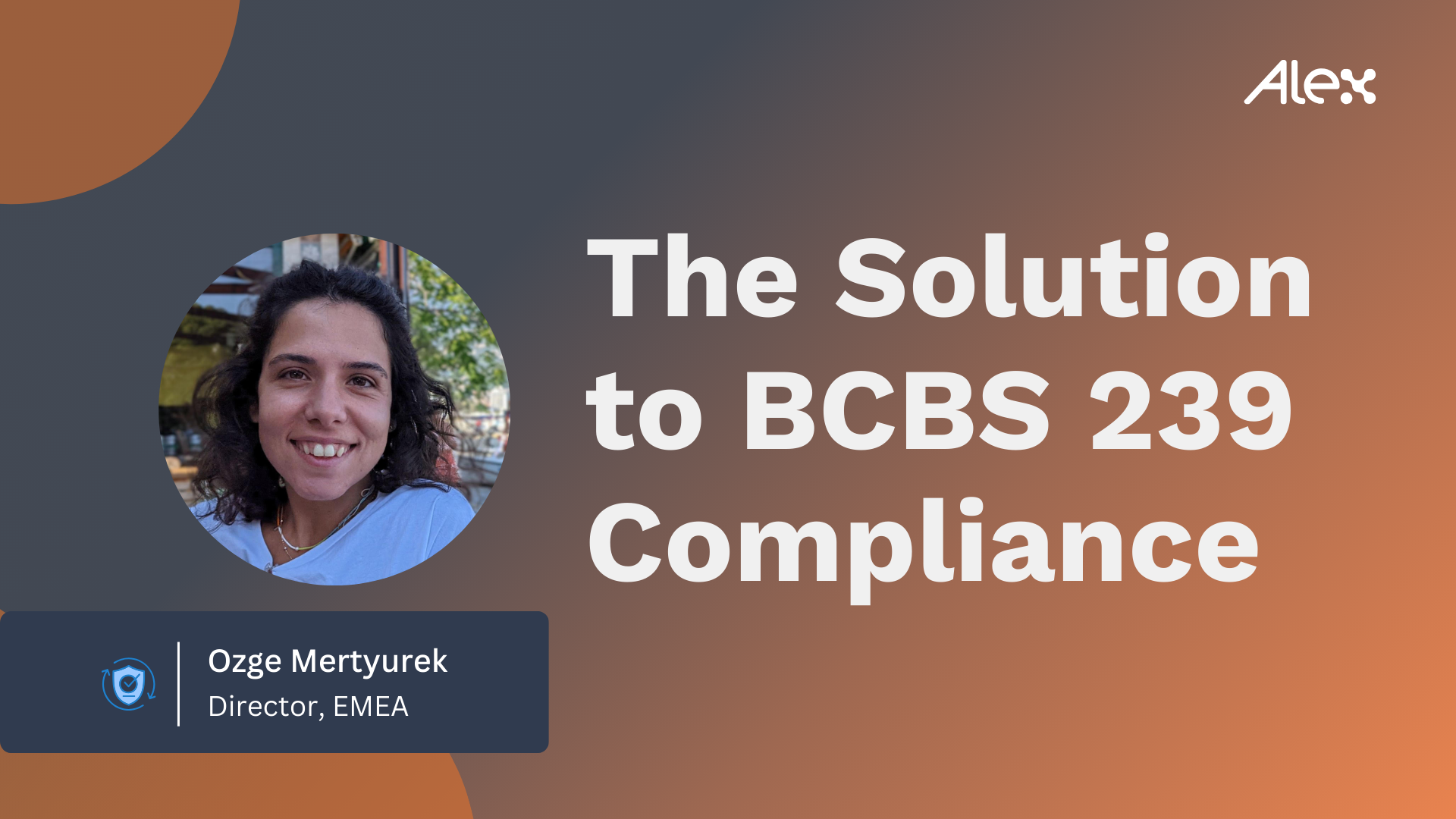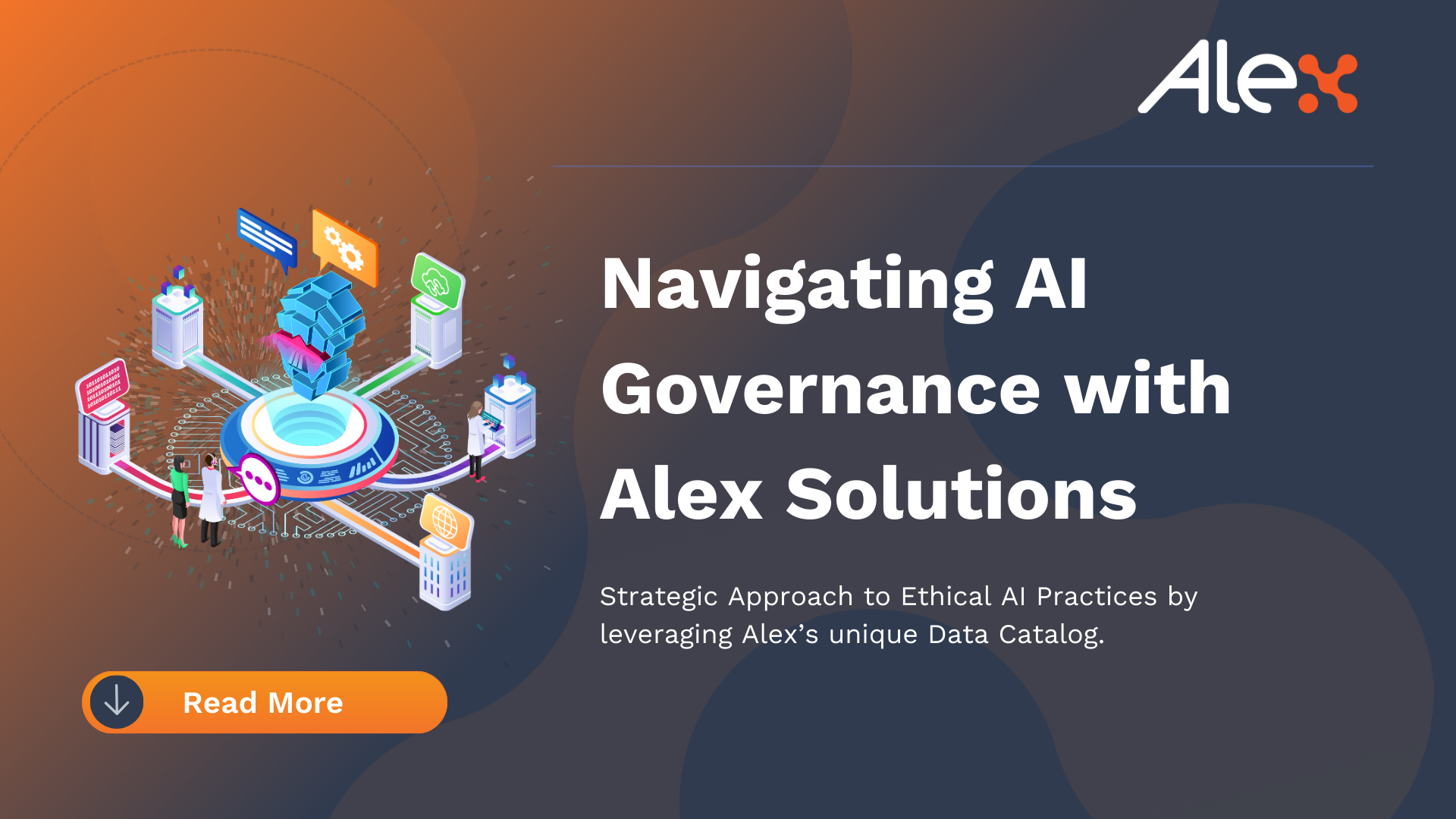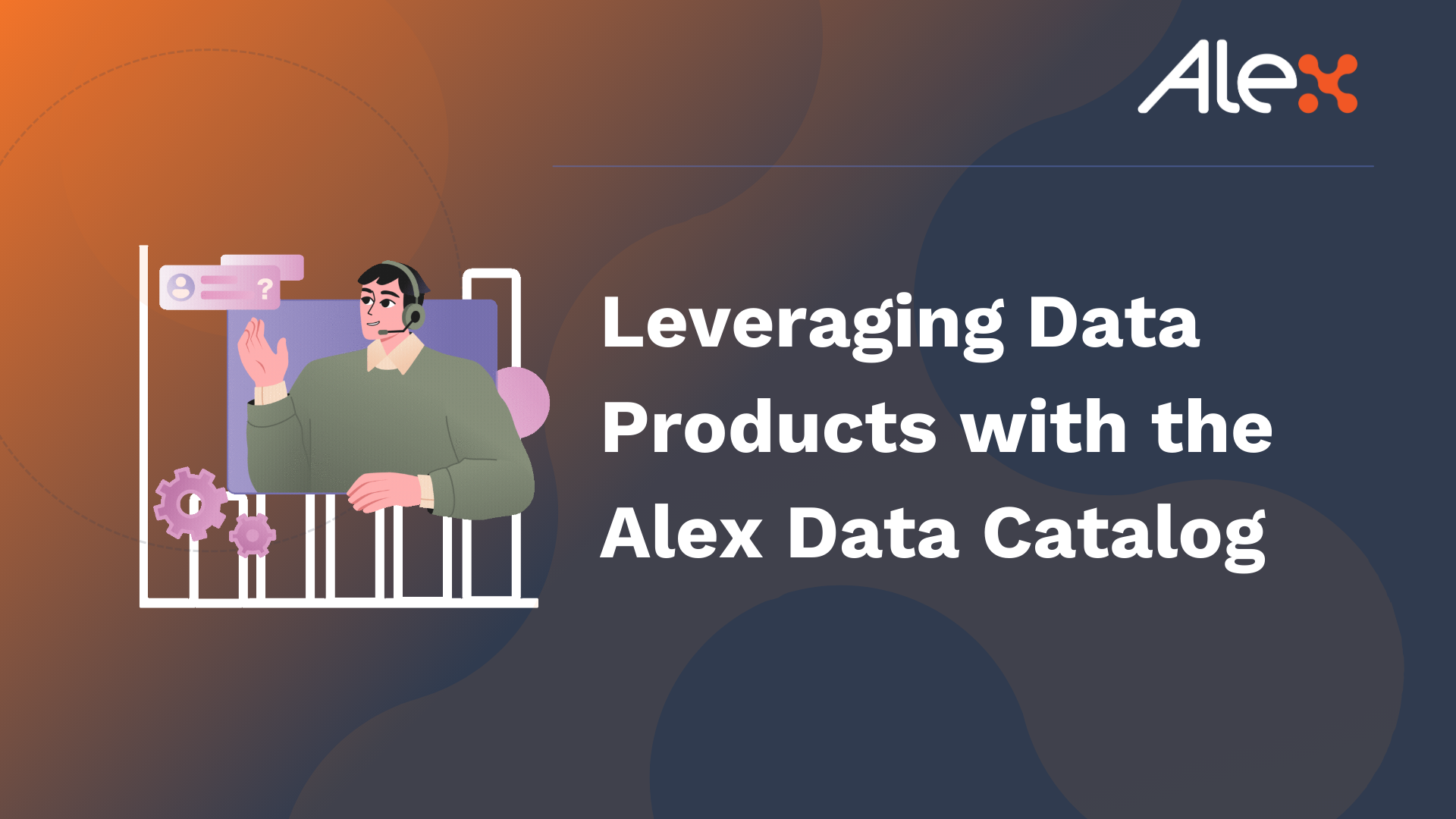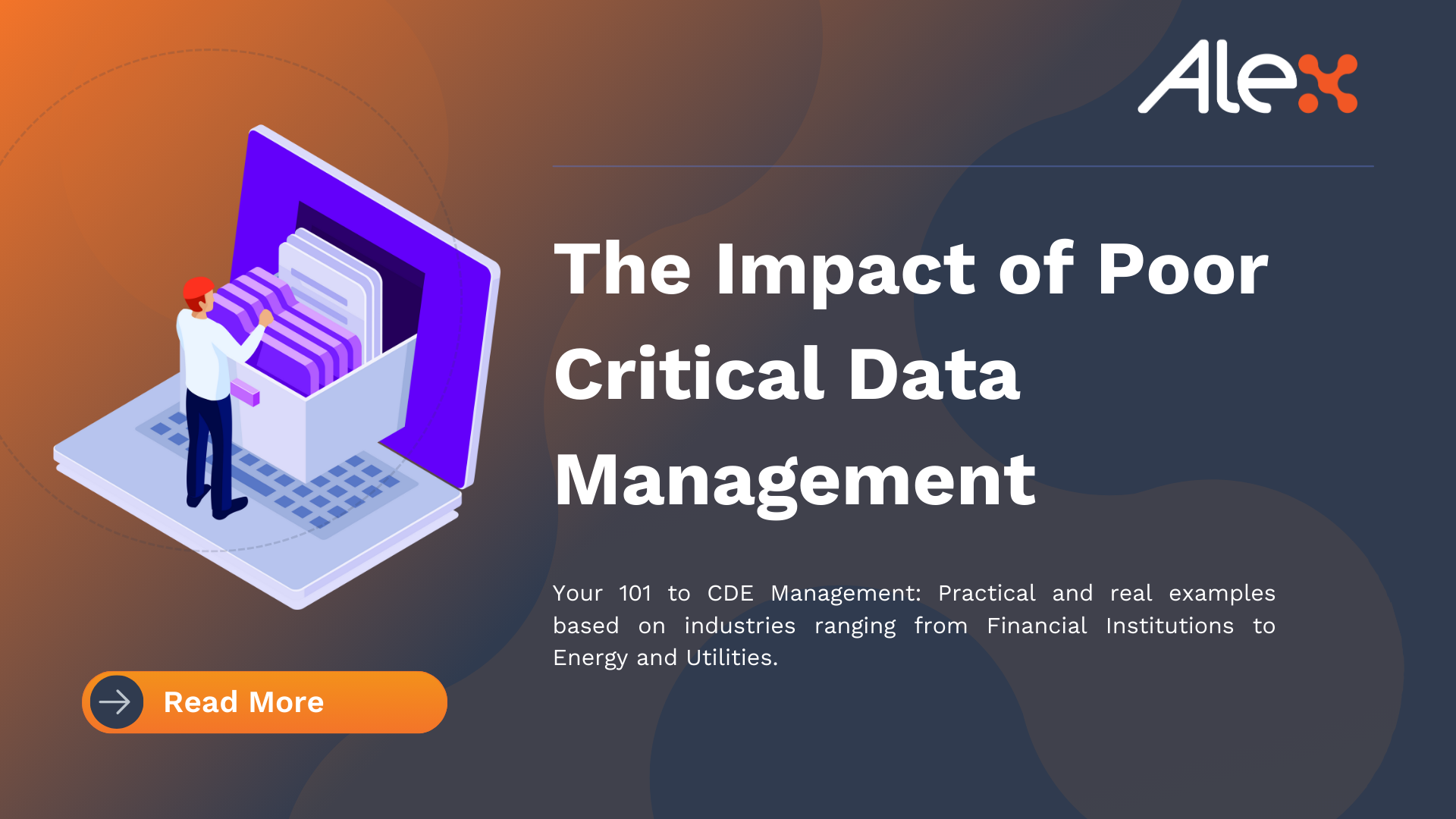The integration of enterprise generative AI with data governance has the potential to create a symbiotic relationship, crucial for unlocking the full potential of AI initiatives in businesses. This intricate synergy is driven by specific factors that underline the critical role of effective data governance and management practices in ensuring the success and efficacy of generative AI projects.
From Challenging to Complementary with Data Governance Synergies
Generative AI and data management are inherently intertwined, with each relying on the other to achieve mutual objectives. Generative AI models depend on extensive and diverse datasets to learn and generate outputs effectively. In this context, data management practices such as data profiling, cleansing, and monitoring play a pivotal role in providing high-quality training data for generative AI models. Conversely, the outputs generated by generative AI models can be leveraged to enhance data management processes, including automated data classification and enrichment.
Data Quality: the Cornerstone of AI Excellence
The foundation of successful generative AI projects lies in data quality–without rigorous data quality assurance, enterprise generative AI programs are destined to fail. Poor data quality can lead to biased or inaccurate results, undermining the credibility and reliability of generative AI models. Effective data governance and management practices are instrumental in ensuring the accuracy, completeness, and reliability of data used by generative AI models. By investing in data quality and governance programs, organizations can enhance the accuracy and reliability of their generative AI models, thereby improving business outcomes and decision-making processes.
How Data Governance Synergies underpins AI success
Data Profiling and Cleansing
Consider a scenario where a retail organization leverages generative AI to create personalized product recommendations for customers. In this context, data profiling and cleansing plays a pivotal role in ensuring the quality of the training data. By analyzing the customer data to identify and remove duplicate or outdated information, teams can enhance the accuracy and relevance of the AI model’s recommendations. However, conducting these efforts manually is not feasible at enterprise scale.
Data Classification and Access Controls for Data Governance Synergies
In the healthcare sector, generative AI may be used to generate medical reports based on patient data. Here, data classification and access control policies are critical to ensuring compliance with privacy regulations. By categorizing AI-generated reports based on sensitivity level and restricting access accordingly, organizations can protect patient privacy and adhere to regulatory requirements. Such practices could only be possible if sensitive private health information was easily identified, well controlled and never wrongfully input into AI models.
Data Monitoring and Bias Detection in AI Models
For an insurance company using generative AI to assess insurance claims, data monitoring tools are essential for detecting bias in the AI model’s decisions. These tools continuously monitor the model’s decisions and flag instances of potential bias, enabling data governance teams to investigate and mitigate bias effectively, ensuring fairness and transparency in decision-making processes. As with our retail example, the full benefits of the generative AI could only be realized if the data input is known to be high quality, accurate, timely and instructive information.
Data Quality Dashboards and Reporting for Performance Tracking
In the financial sector, a company using generative AI to automate trading decisions relies on data quality dashboards and reporting tools to track the AI model’s performance. These tools display key performance metrics, such as accuracy and reliability, enabling data governance teams to identify and address any issues that may arise, ensuring the AI model’s effectiveness and compliance with regulatory requirements. Once again, such monitoring and reporting is only truly scalable when leveraging some kind of automation in the process.
Unlocking Data Governance Synergies: How Alex Drives Harmony
In each of the above industry contexts, the Alex platform serves as a linchpin, fostering a harmonious relationship between AI-driven innovation and robust data governance and management practices. Alex unifies and automates the critical facets of enterprise data governance and management required for businesses to realize the full benefits of their burgeoning enterprise AI programs. By leveraging a comprehensive suite of data governance solutions, the Alex platform stimulates synergies that are crucial for maximizing the value of AI initiatives in enterprises.
Seamless Data Integration and Profiling
The Alex platform enables seamless integration of data sources, allowing organizations to aggregate and profile data for generative AI projects effortlessly. The Alex Augmented Data Catalog can automatically find, categorize, enrich and validate data from the widest array of source technologies, enabling unified enterprise data governance and thorough validation of data for input into generative AI. Through advanced data profiling capabilities, the platform identifies and resolves data quality issues, ensuring that AI models are trained on high-quality, reliable data. For example, in the healthcare industry, the Alex platform can integrate data from electronic health records, medical imaging systems, and wearable devices to create a comprehensive patient profile for AI-driven personalized medicine.
Automated Data Cleansing and Enrichment
With automated data cleansing and enrichment features, the Alex platform streamlines the process of preparing data for generative AI projects. By automatically identifying and enabling the correction of errors in data, the platform ensures that AI models receive clean, accurate data for training, enhancing the quality and effectiveness of AI outputs.
Real-time Data Monitoring and Alerts
The Alex platform provides real-time data monitoring and alerts, enabling organizations to detect and respond to data quality issues promptly. By monitoring data quality metrics and generating alerts for anomalies, the platform helps organizations maintain the integrity of their data and mitigate risks in generative AI projects. In the finance industry, Alex provides real-time monitoring and alerts for controlling Personal Credit Information and other sensitive financial data. For example, financial institutions can use the platform to monitor access to customer credit information and detect any unauthorized attempts to access or manipulate this data. If the platform detects suspicious activity, such as multiple failed login attempts or unusual access patterns, it can trigger alerts to the data governance team. This enables them to investigate the issue promptly, take corrective actions, and ensure that customer data remains secure and compliant with regulatory requirements.
Data Governance Synergies Policies and Controls
Through its data governance policies and controls, the Alex platform ensures that data used in generative AI projects complies with regulatory requirements and organizational policies. By implementing access controls, data classification, and data lineage tracking, the platform helps organizations maintain data privacy and security in AI initiatives. In the retail sector, the platform can enforce data access controls to ensure that customer data used for AI-driven personalized marketing campaigns is handled in accordance with data privacy regulations, protecting customer privacy and avoiding regulatory fines.
Advanced Analytics and Reporting through Data Governance Synergies
The Alex platform offers advanced analytics and reporting capabilities, allowing organizations to gain insights into the performance of generative AI models. By providing detailed reports on data quality, model accuracy, and bias detection, the platform enables organizations to continuously improve their AI initiatives and ensure ethical AI development. For example, in the telecommunications industry, the platform can provide detailed reports on the effectiveness of AI-driven customer service chatbots, helping organizations identify areas for improvement and enhance customer satisfaction.
Collaboration and Knowledge Sharing
Through its collaboration and knowledge sharing features, the Alex platform facilitates communication and collaboration among data governance and AI teams. The Intelligent Business Glossary provides a centralized platform for sharing insights, best practices, and data governance policies, the platform helps organizations align their data governance and AI efforts for maximum impact. In the context of enterprise generative AI, the Alex platform facilitates collaboration and knowledge sharing among data scientists, AI engineers, and business stakeholders involved in AI development and deployment. For example, data scientists can use the platform to share AI models, training data, and performance metrics with their colleagues. This enables teams to collaborate more effectively, iterate on AI models, and deploy them into production faster. By providing a centralized platform for sharing insights and best practices, the platform helps organizations align their AI efforts and maximize the value of their generative AI initiatives.
The Alex platform plays a key role in stimulating synergies between enterprise generative AI and data governance and management. By providing advanced data integration, profiling, cleansing, and enrichment capabilities, along with real-time monitoring, governance policies, and analytics, the platform empowers organizations to maximize the value of their AI initiatives while ensuring compliance, security, and ethical AI development.
In conclusion, the integration of enterprise generative AI with data governance and management unfolds a detailed and synergistic relationship that is fundamental for realizing the value of AI initiatives in enterprises. By embracing the complementary dynamics of generative AI and data management, organizations can enhance the quality of their AI outputs, comply with data privacy regulations, and foster ethical AI development, underscoring the significance of effective data governance and management practices in the success of generative AI projects.




